As add-ons go, Unilever’s proposed £50bn bid for GlaxoSmithKline’s consumer healthcare business makes the recent acquisitions of Asda and Morrisons look like chicken feed.
So what’s the thinking behind it? Is it a good idea? And how might the deal play out?
A 7% plunge in Unilever’s share price today has given a pretty clear indication that its investors do not see GSK’s consumer health arm as the answer to the consumer giant’s problems.
The shareholder thumbs-down came after reports emerged this weekend that GSK had rejected three pre-Christmas bids from Unilever for the consumer health joint venture it owns with Pfizer, saying the latest £50m bid “fundamentally undervalued” the business.
However, despite widespread investor scepticism, Unilever this morning signalled its intent to press ahead with the bid - calling the GSK business “a strong strategic fit”.
Reports suggest the GSK board could be swayed by a £60bn bid – though Unilever’s interest could also flush out rival suitors such as P&G, Nestlé and Reckitt Benckiser, pureplay pharma firms or PE interest.
Even if Unilever does stump up the required cash, some GSK shareholders are – to put it mildly – not keen on the Marmite owner getting its hands on the business, with Richard Buxton at GSK investor Jupiter Capital Management quoted as saying: “The idea of letting the goons at Unilever run it is laughable.”
Bernstein analyst Bruno Monteyne said the potential GSK deal did not make sense and was “a very bad deal for Unilever shareholders”, given limited cost synergies and low pre-Covid growth in the GSK portfolio.
However, Unilever’s statement this morning was a clear indication that some big changes are on the way, whether or not it gets its hands on the GSK business.
Pressure for change has certainly been ramped up by the intervention of fund manager Terry Smith, who last week accused Unilever “losing the plot” amid a focus on sustainability “at the expense of focusing on the fundamentals of the business”.
While the Unilever board fought back against this specific accusation, this morning’s strategy update that it intends to reposition its portfolio into higher-growth categories is a direct acknowledgement of investor unrest.
Although the update was greeted with a share price plunge, the broader strategy of focusing on higher growth and continuing to divest lower-growth assets will be more supported – even if the GSK deal is seen by some as a radical step too far.
One issue with the GSK deal is that the nature of the business would drag Unilever into pharmacy-only over the counter drugs – an area in which the company and management board have no experience.
Even then, as Bernstein points out, the track record of such consumer mega-deals for both Unilever itself and the wider industry do not make pretty reading.
However, there are multiple opportunities for Unilever to deepen its exposure to consumer health, or beauty and hygiene, that will not represent quite such a hefty bet. “[GSK] is not the only option,” Alan Jope said this morning, with reports pointing out Johnson & Johnson is also looking to divest its consumer health business.
Unilever’s comments are also the clearest indication yet that a potential sell-off of its food business may finally be on the cards.
The group has sold its spreads and tea business in recent years and its pledge to focus on high-growth categories has been taken as a signal that lower-growth foods are on the chopping block.
Jefferies analyst Martin Deboo commented: “The update clearly signals to us a shift in direction, and an associated willingness to dispose of the foods business, a course we have been campaigning for.
“This is the only path by which the twin goals of pursuing a focus in health, hygiene and beauty and maintaining current levels of gearing can be reconciled.”
But, as AJ Bell noted this morning, the food business is a significant cash cow despite its lower growth profile, and investor appetite for a wholesale exit from the entire category is untested.
“Even proposing the sale of the food arm could kick up a major fuss with shareholders who would probably see it as one of the core pillars of the group,” the broker said.
But after the weekend news and last week’s criticism, it is becoming increasingly clear that lower-profile portfolio optimisation and the odd strategic bolt-on acquisition like Graze and The Vegetarian Butcher are not enough.
While the headlines last week focused on Unilever’s perceived “wokeness”, the real problem is growth and poor share performance.
To illustrate, Unilever is down by more than 15% year on year, while its key rivals Nestlé and P&G are up both up by around 20%.
From a GSK perspective there is no pressure on it to sell – with many shareholders preferring the benefits of continued exposure to its consumer goods business through a spin-off rather than the quick win of a sale.
If a sale is going to happen, it will need to be at a significant premium and the £50bn bid is already stretching the appetite of its shareholders.
So the bookies would probably give odds against Unilever completing a deal.
But now it has shown its hand, Unilever has to make some big moves quickly, and moves that are more significant than the tweaks to its operating structure trailed this morning.
GSK may be the biggest fish of all in consumer health, but there are plenty more in the sea and those might prove a more manageable meal.







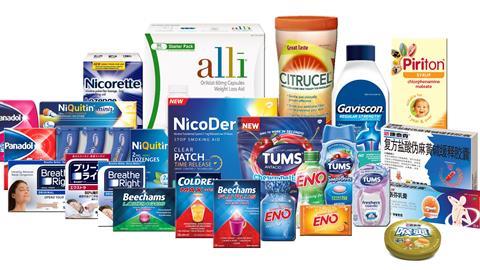
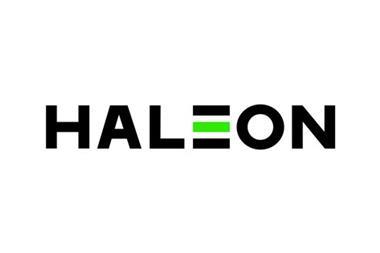

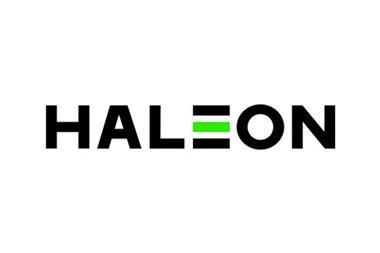
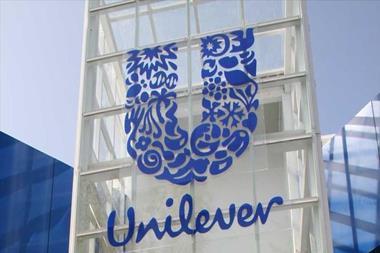

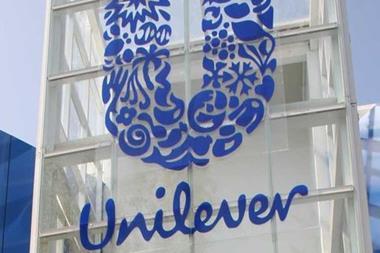






No comments yet